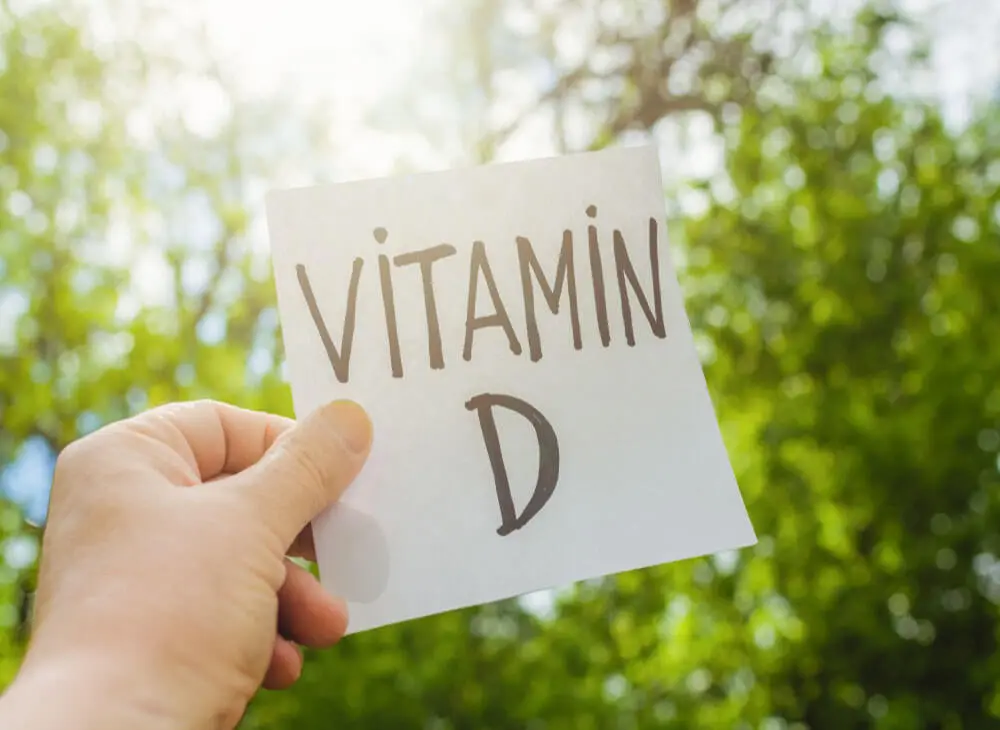![]() Dr. Jigar Patel found vitamin D supplementation resulted in a positive outcome on strength in the upper and lower limbs.
Dr. Jigar Patel found vitamin D supplementation resulted in a positive outcome on strength in the upper and lower limbs.
Vitamin D and exercise are two of the most significant factors in maintaining bone health. The human skeleton is not just a static structure; it is a dynamic, living tissue that continuously remodels itself. To ensure bones remain strong and healthy, especially as we age, both Vitamin D and regular exercise play crucial roles. This article explores how Vitamin D contributes to bone quality, the types of exercises that enhance bone health, and how a combination of these elements can help prevent bone-related disorders.

![]() Dr. Jigar Patel found vitamin D supplementation resulted in a positive outcome on strength in the upper and lower limbs.
Dr. Jigar Patel found vitamin D supplementation resulted in a positive outcome on strength in the upper and lower limbs.
Vitamin D is essential for maintaining strong bones and preventing conditions like osteoporosis. It enhances calcium absorption, which is crucial for bone mineralization. When combined with regular exercise, Vitamin D plays a significant role in improving bone density and overall bone quality. At Dr. Jigar's Physio Clinic, we emphasize the importance of both adequate Vitamin D levels and tailored exercise routines in maintaining optimal bone health. Our programs are designed to support your bone strength and prevent fractures, helping you stay active and healthy.
One of the primary functions of Vitamin D is to promote the absorption of calcium in the gut. Without sufficient Vitamin D, the body cannot absorb enough calcium, leading to lower bone density and a higher risk of fractures.
Adequate levels of Vitamin D contribute to higher bone mineral density, which is an indicator of bone strength. This is particularly important in older adults, as bone density tends to decrease with age, leading to conditions such as osteoporosis.
Vitamin D plays a preventive role against various bone disorders. It helps in maintaining the balance of calcium and phosphorus in the blood, reducing the risk of conditions like rickets in children and osteomalacia in adults, which result in soft and weak bones.
In conclusion, Vitamin D and exercise are integral to maintaining bone quality and preventing bone-related disorders. By ensuring adequate Vitamin D levels and engaging in regular exercise, you can significantly improve your bone health and reduce the risk of fractures as you age.
Get In Touch